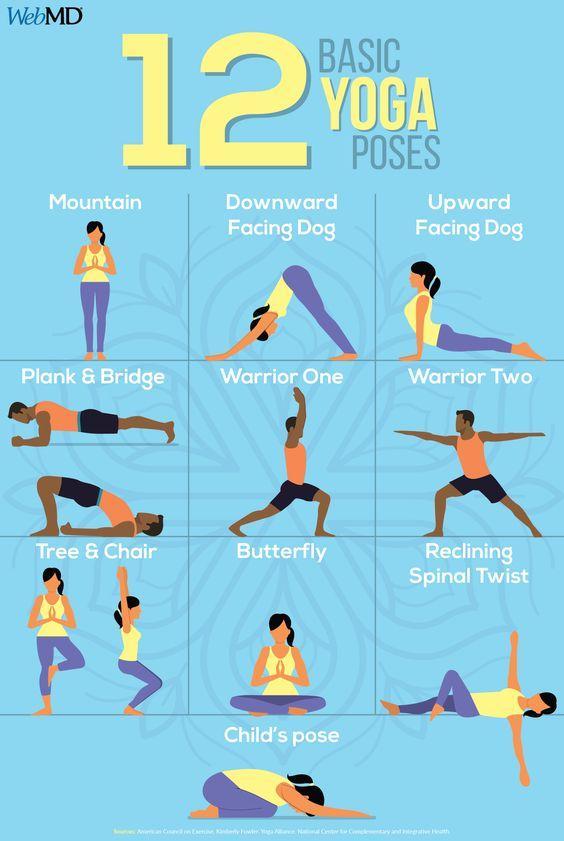YOGA
The overall philosophy of yoga is about connecting the mind, body, and spirit. This practice promotes strength, endurance, flexibility and facilitates characteristics like friendliness, compassion, and greater self-control, while cultivating a sense of calmness and well-being. Sustained practice also leads to important outcomes such as changes in life perspective, self-awareness and an improved sense of energy to live life fully and with genuine enjoyment. The practice of yoga produces a physiological state opposite to that of the ‘flight-or-fight’ stress response; this being a greater sense of balance and union between the mind and body.
Yoga is a form of mind-body fitness that involves a combination of muscular activity and an internally directed mindful focus on awareness of the self, the breath, and energy. There are four basic principles that underlie the teachings and practices of yoga's healing system.
Principle 1: The human body is a holistic entity comprised of various interrelated dimensions inseparable from one another and the health or illness of any one dimension affects the other dimensions.
Principle 2: Individuals and their needs are unique and therefore must be approached in a way that acknowledges this individuality and their practice must be tailored accordingly.
Principle 3: Yoga is self-empowering; but the person is their own healer. Yoga plays an active role in their journey toward health but the healing comes from within, instead of from an outside source and a greater sense of autonomy is achieved.
Principle 4: The quality and state of an individual’s mind is crucial to healing. When the individual has a positive mind-state, healing happens more quickly, whereas if the mind-state is negative, healing may be prolonged.
Basic Poses

MINDFULNESS:
Mindfulness is about being aware in the present moment. A more settled awareness helps us to be calm and more confident which makes us cope better personally, in relationships and academically.
BENEFITS OF MINDFULNESS PRACTICE:
- Manage your stress more effectively
- Greater clarity of mind for more non-reactive choices in everyday life
- Increased ability to respond rather than react
- Improved focus and attention for learning
- Greater capacity for self-reflection and awareness
- Becoming more aware of bodily sensations, feelings and thoughts.


